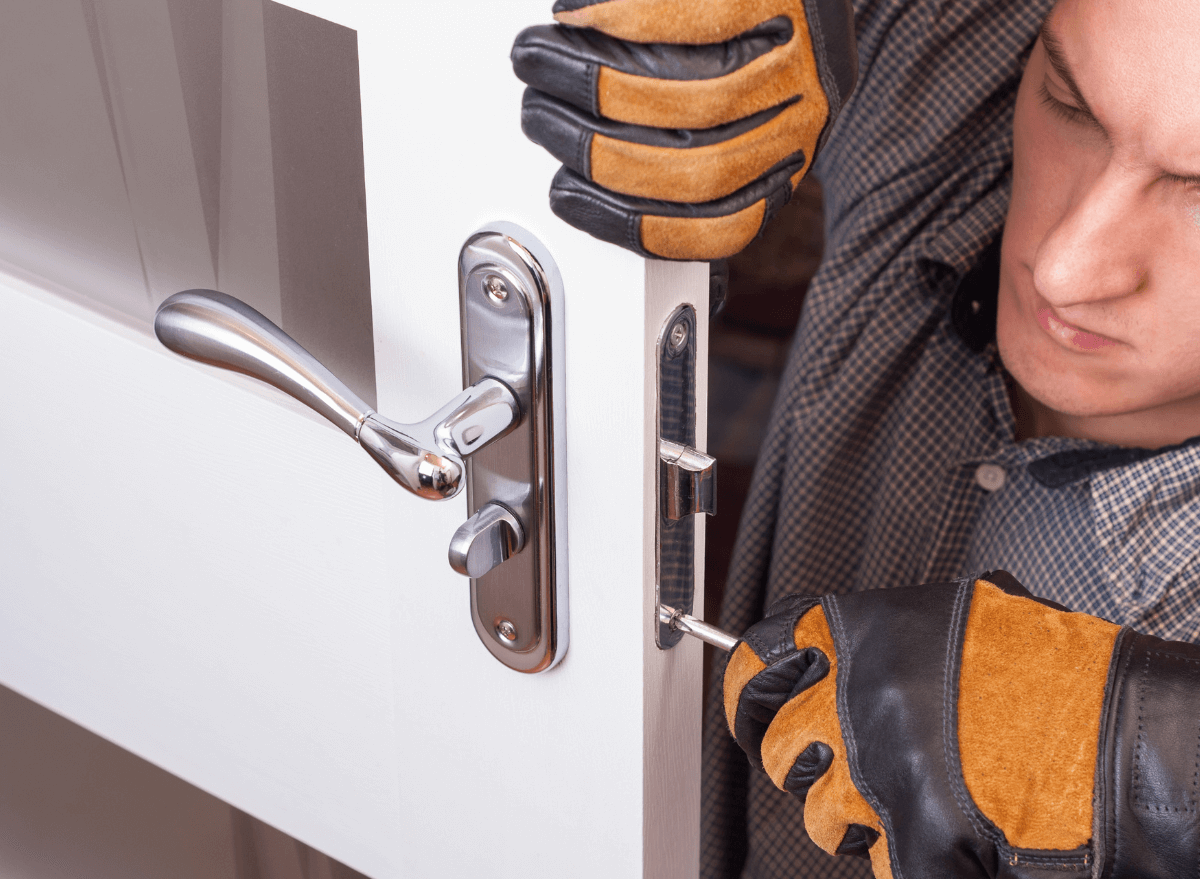A malfunctioning lock might seem like a minor inconvenience, but ignoring it can have serious consequences. From compromised security to potential lockouts, faulty locks can escalate into costly and stressful situations if not addressed promptly. Opting for professional lock repairs ensures your property remains secure, your locks function smoothly, and you avoid unnecessary risks.
In this guide, we’ll explore the dangers of neglecting malfunctioning locks and how professional locksmiths provide efficient and effective solutions.
The Risks of Ignoring Malfunctioning Locks
Compromised Security
A lock that doesn’t function properly weakens your first line of defense against unauthorized access. Whether it’s a residential, commercial, or automotive lock, its failure creates vulnerabilities that burglars and intruders can exploit.
Increased Likelihood of Break-Ins
Faulty locks are easier to tamper with or break. A burglar looking for an easy target is more likely to exploit a property with visible security flaws.
Lockouts at Inconvenient Times
A malfunctioning lock can suddenly stop working, leaving you locked out of your home, office, or car. Lockouts are not only inconvenient but can also be dangerous, especially in harsh weather conditions or late at night.
Escalating Repair Costs
What begins as a minor issue can lead to more significant damage over time. Ignoring a sticking key or loose lock might eventually require a full lock replacement, which is more expensive than early intervention.
Potential Property Damage
Forcing a malfunctioning lock can damage both the lock and the door, adding to the cost and complexity of repairs.
Common Causes of Lock Malfunctions
Understanding why locks fail can help you recognize problems early and seek professional repairs:
1. Wear and Tear
Frequent use naturally wears down the internal mechanisms of locks, leading to misalignment or jamming.
2. Dirt and Debris Accumulation
Locks exposed to outdoor elements or heavy use can accumulate dirt and debris, which interferes with their operation.
3. Key Damage
Keys that are bent, worn, or poorly cut can strain the lock’s internal components, eventually causing damage.
4. Weather Conditions
Extreme temperatures, moisture, and humidity can cause locks to expand, contract, or rust, impairing their functionality.
5. Poor Installation
Improperly installed locks may not align correctly with the door frame, leading to operational issues and reduced security.
Benefits of Professional Lock Repairs
When faced with a malfunctioning lock, attempting DIY repairs can worsen the problem. Here’s why turning to professional lock repairs is the best choice:
Expertise and Precision
Professional locksmiths have the training and tools to diagnose and repair a wide range of lock issues efficiently.
Long-Term Solutions
Rather than providing temporary fixes, professionals address the root cause of the problem, ensuring durable results.
Safety and Security
Experienced locksmiths restore your locks to full functionality, safeguarding your property from unauthorized access.
Cost-Effectiveness
Timely repairs by professionals prevent minor issues from escalating into costly replacements or additional damages.
Warranty and Support
Reputable locksmiths often provide warranties for their repairs, offering peace of mind and reliable follow-up services.
When to Call for Professional Lock Repairs
Recognizing the signs of a malfunctioning lock can help you address the issue before it worsens:
- Difficulty Turning the Key: A key that sticks or requires excessive force may indicate worn or misaligned components.
- Loose Lock or Door Handle: Wiggling or unstable locks compromise security and need immediate attention.
- Key Breaks Inside the Lock: A broken key can block the locking mechanism, requiring professional extraction.
- Visible Damage or Rust: Cracks, dents, or corrosion can hinder a lock’s performance.
- Inconsistent Functionality: A lock that sometimes works and sometimes doesn’t is a clear sign of an underlying issue.
The Lock Repair Process
Professional locksmiths follow a systematic approach to ensure efficient and effective repairs:
- Assessment: Inspecting the lock to diagnose the issue and determine the necessary repairs.
- Disassembly: Carefully opening the lock to access and examine its internal components.
- Repair or Replacement: Fixing or replacing damaged parts, such as pins, springs, or tumblers.
- Testing: Ensuring the lock operates smoothly and securely.
- Reinstallation: Reattaching the lock and verifying its alignment and functionality.
Preventive Measures to Maintain Lock Functionality
While professional repairs are essential for addressing malfunctions, regular maintenance can prevent issues from arising:
- Clean Your Locks: Remove dirt and debris with compressed air or a soft brush.
- Lubricate Regularly: Use a lock-specific lubricant to keep internal components moving smoothly.
- Handle Keys with Care: Avoid using excessive force or bending keys.
- Inspect Periodically: Check for signs of wear, rust, or misalignment.
Upgrading to High-Security Locks
In some cases, recurring lock malfunctions may signal the need for an upgrade. High-security locks offer enhanced durability and advanced features to withstand tampering, ensuring long-term reliability.
Secure Your Property with Expert Lock Repairs
Your locks are a critical component of your property’s security. Addressing malfunctions promptly with professional lock repairs not only restores functionality but also protects your home, office, or car from potential risks.
Don’t let a faulty lock compromise your safety—contact Safe and Secure Locksmith today. Our skilled locksmiths provide reliable and efficient repair services tailored to your needs. Let us help you secure what matters most!

